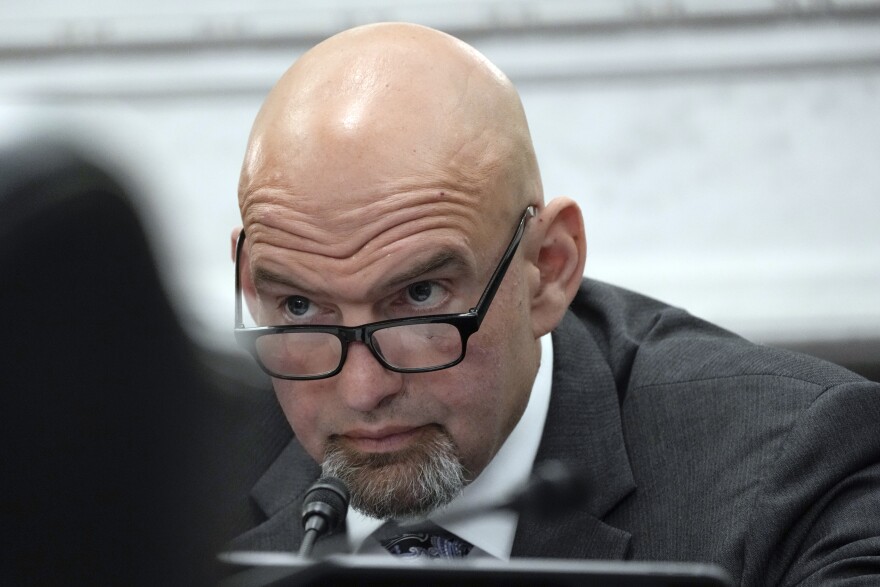U.S. Congress is reviewing the Farm Bill, a piece of legislation that sets funding for farmers and nutrition assistance programs. This bill comes around every few years to be reauthorized.
The Supplemental Nutrition Assistance Program, formerly known as SNAP or food stamps, provides money to low-income households facing food-insecurity. The federal government provides families with vouchers that can then be used to purchase things like fruits and vegetables, or even seeds to grow crops.
SNAP is the largest federal assistance program in the country and according to World Population Review, Florida ranks fourth among all states with households receiving food stamps. Most of the recipients are living below the poverty line.
“About one in seven kiddos living in homes where they're not sure where that next meal is coming from," said Sky Beard, the Director of No Kid Hungry Florida. "When we look at where we are in the Florida landscape, when we look at where we are across the country in a post-pandemic type world; we know the needs continue to be incredibly great.”

The federal government is expected to have made its final tweaks to the bill by the end of this month, but that decision may be delayed.
When the Congressional Budget Office rolled out its estimates for the bill in February, nutrition programs took up more than 80% of funding. That equates to more than $1.2 trillion over the next ten years during a time Republican policymakers have already condemned the federal government for spending too much money. Despite this, Beard says her organization wants the government to put kids first.
“SNAP is really one of the most important tools in the toolbox when it comes to fighting hunger across the country," said Beard. "It's been shown time and time again to be just so important for addressing food insecurity and we at No Kid Hungry, really are working at the federal level to ensure that those benefits are maintained for families and that we're protecting the value of those snap benefits.”
SNAP has gotten ensnared in a broader fight over federal spending. With only weeks left for lawmakers to iron out a plan, the program and those it supports are left waiting.

